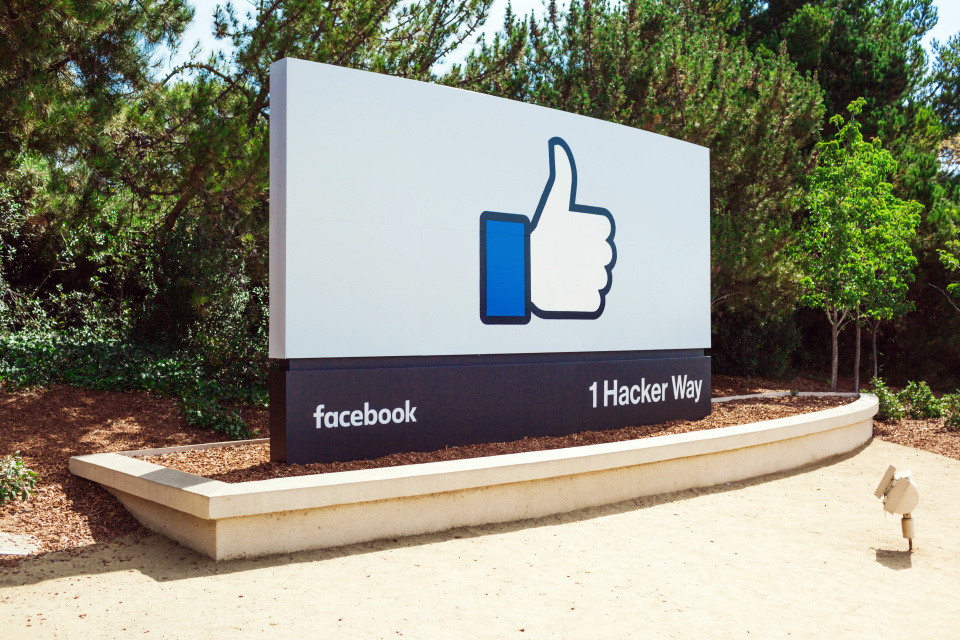About a dozen scam accounts, pages and groups profiting from the publicity around Facebook’s proposed Libra cryptocurrency have been found on Facebook’s own social network and its Instagram photo-sharing service.
The scams, discovered in an investigation by The Washington Post, are an embarrassment as they appear on Facebook’s own properties, and are likely to add to pressure from regulators over the company’s cryptocurrency plans.
A number of the fake accounts were removed last week after the Post reported them to Facebook, the paper said.
“This is another strong indication Facebook should take a very cautious approach to Libra and commit not to launching any product until US regulator concerns are satisfied,” said Mark Warner, a member of the Senate Banking Committee.

Scam domains
Some of the pages and accounts had hundreds of followers and others appeared designed to link to scam Libra-related domain names, the report said.
Some offered to sell users Libra coins at a discount via third-party websites, saying the coins had been reserved for early investors.
One such third-party site, BuyLibraCoins.com, was reportedly designed in a convincing way based on Facebook’s own Libra marketing materials. The site does not currently appear to be functioning.
Criticism
“Facebook removes ads and pages that violate our policies when we become aware of them, and we are constantly working to improve detection of scams on our platforms,” Facebook said in a statement.
Earlier this month Facebook cryptocurrency chief David Marcus appeared before two Congressional hearings about Libra, and the company has faced criticism from the likes of Federal Reserve chair Jerome H. Powell and US Treasury Secretary Steven Mnuchin over its plans.
The company remains embroiled in controversies around its privacy practices, agreeing only last week to pay a $5 billion (£4bn) fine to the FTC over the leak of its users’ data to Cambridge Analytica.





